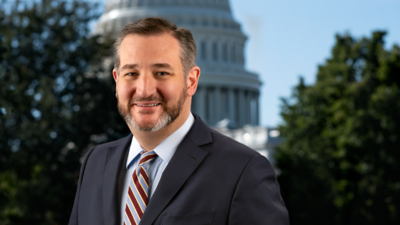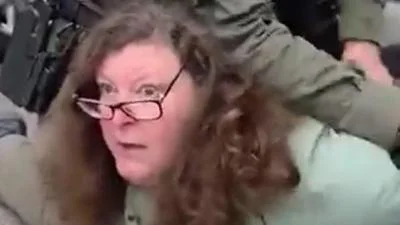Rebecca Journey is teaching “The Problem of Whiteness” in winter 2022. | University of Chicago
Rebecca Journey is teaching “The Problem of Whiteness” in winter 2022. | University of Chicago
University of Chicago sophomore Daniel Schmidt is criticizing the university for a course discussing what is wrong with the white race.
The course, “The Problem of Whiteness,” CRES (Critical Race and Ethnic Studies) 25030, has no one currently enrolled.
“EXCLUSIVE: At my college, @UChicago, a class called “The Problem of Whiteness” will be taught in the winter. Since I began college a year ago, I've documented all the anti-white hatred I've seen on campus. Without a doubt, this is the most egregious example. *THREAD*” Schmidt tweeted followed by a long thread. “The course description describes whiteness 'as a conspicuous problem within liberal political discourse' with 'worldmaking (and razing) effects.' Anti-white hatred is now mainstream academic inquiry. And you're not even allowed to call that out without being called racist.”
Schmidt said Rebecca Journey, a “cultural anthropologist” who appears to be white, will teach the course.
“You have to wonder what the solution to the 'Problem of Whiteness' would be. This is how people who detest white people think and talk. And they have taken over all universities under the guise of 'academic freedom.' No sane professor can oppose it without risking their career,” he said. “Will white students at my college complain about this course? Of course not. They're used to this by now. They know better than to step out of line. They must keep their heads down, shut up and tolerate second-class treatment. That's the reality. They're the problem.”
After Schmidt’s tweet, her bio was unaccessible from the university’s website. An archived version revealed her background.
“Rebecca Journey is a cultural anthropologist who earned her Ph.D. from the University of Chicago in 2021. Her work examines how the evolutionary and reformist logics of eugenic ideology animate the aesthetics of green urbanism in contemporary Denmark. She has special interests in the techno- and ethnopolitics of climate change; histories of Scandinavian design; and the semiotics of social difference,” her profile reads.
See the course catalog entry below:
“CRES 25030. The Problem of Whiteness. 100 Units.
Critical race theorists have shown that whiteness has long functioned as an 'unmarked' racial category, saturating a default surround against which non-white or 'not quite' others appear as aberrant. This saturation has had wide-ranging effects, coloring everything from the consolidation of wealth, power and property to the distribution of environmental health hazards. Yet in recent years, whiteness has resurfaced as a conspicuous problem within liberal political discourse. This seminar examines the problem of whiteness through an anthropological lens, drawing from classic and contemporary works of critical race theory. Attending to the ways in which various forms of social positioning and historical phenomena intersect in the formation of racial hierarchy, we will approach whiteness as a 'pigment of the imagination' with worldmaking (and razing) effects,” the entry reads.
Such curriculum-bending has been the source of controversy for many.
Paul Rossi, a mathematics teacher and writer, compared a lesson plan prepared by two teachers at the school to how cults "turn the unsuspecting against the outside world," Chicago City Wire reported.
"Crafty and deceitful messaging like this exploits a child’s foundational need to be seen as a good person. By linking moral worth to their submissive assent, the teacher muzzles doubt and effectively compels adoption of the principles. This is a powerful tactic when used on adults, let alone on a 9-year-old," Rossi wrote on Legal Insurrection.
Conservative students at the university feeling alienated and stifled by the cancel culture on campus founded the Chicago Thinker last year, Fox News reported.
The publication’s motto is, "We demand not be coddled. Embracing the experience of unfettered inquiry and free expression is precisely the point of these years of intense study."





 Alerts Sign-up
Alerts Sign-up